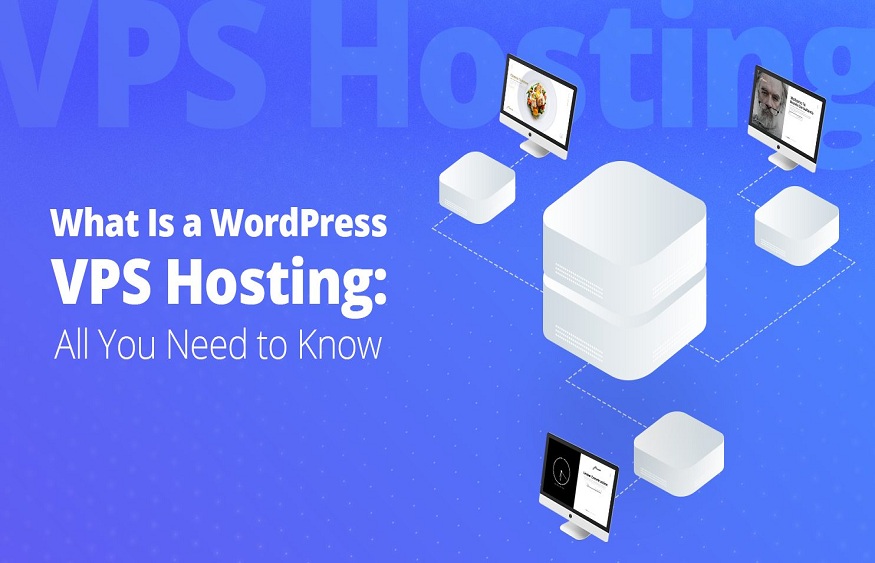
Tips to Optimise the Performance of a Virtual Private Server
A virtual private server (VPS) is a virtual machine that has its own copy of OS and its own dedicated resources like disk space, RAM and CPU. businesses who don’t wish to pay for a dedicated server but require more control over their hosting can choose a virtual server.
When you use a VPS, you must make sure to optimise its performance. That can help the server to better handle the needs of your application or website and run more efficiently. Poor performance of the server can result in slow loading of pages, downtime and revenue losses.
That being said, here are some ways to optimise VPS performance.
Monitor Resource Usage
This is the primary step to optimising your virtual private server. That will help in the identification of any applications or processes that use too much disk space, RAM or CPU. You can use multiple tools like iostat and htop to monitor resource usage.
After identifying any apps or processes that use too many resources, they can be optimised with the right steps. For instance, you can lower the number of MySQL connections or Apache workers to free up RAM and CPU. A top hosting provider in India can further help you with monitoring resource usage.
Optimise Your Web Server
This is another major step to optimise the performance of your VPS server. You can do the following things to optimise the server:
- Go for compression to lower the size of files that you send to the client.
- Allow caching to lower the number of requests that you send to the server.
- Consider delivering static files using a content delivery network (CDN).
Use Caching
Caching involves storing frequently accessed data in memory so that you can access it faster. Through caching, you can bring down the number of requests that you send to the server which can boost the performance of the virtual private server.
You can use the following kinds of caching:
- Page Caching: It caches whole webpages to allow them to be served faster.
- Object caching: It caches individual objects like API responses or database queries.
- Opcode caching: It caches compiled PHP code to boost PHP performance.
Prioritise Applications and Control Traffic
VPS performance can also become better if you control traffic and prioritise applications. For instance, a load balancer can help you distribute traffic evenly across several servers or you can prioritise critical apps over simpler ones. A leading virtual sever hosting provider offers various features to help control your site’s traffic smoothly.
Optimise Database Performance
If your app or site depends on a database, it’s important to optimise the latter to help your VPS perform well. You can take the following steps to optimise database performance:
- Index tables to boost query performance
- Use stored processes to lower the queries that the database receives.
- Optimise queries to cut down on the data that the database returns.
To maximise the benefits of using VPS, consider working with a reputed virtual server host. After that, purchase a domain name to build credibility, protect trademarks and copyrights, improve SEO rank and increase your brand awareness.


















